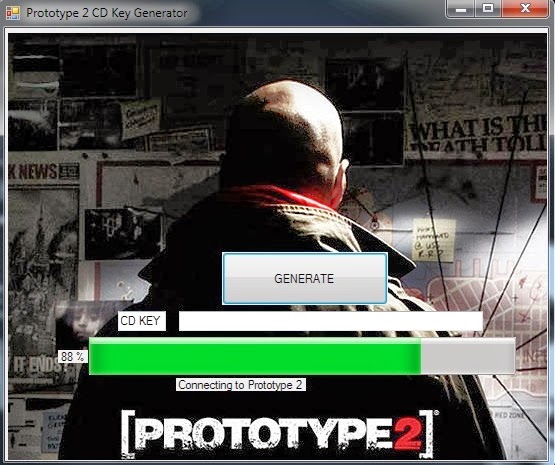

#PROTOTYPE 2 CHEATS PC GOD MODE CODE#
If a code existed, someone eventually found and published it. To players who grew up in the 1980s and '90s, hearing whisper of a second quest in The Legend of Zelda or playing as Akuma in Super Street Fighter II Turbo was a siren's call. Powering up with limitless lives and ammo is only part of the cheat code's appeal-the epilogue in a longer process. I rarely returned to a game after a cheat code had let me see it all." "Cheat codes let you see what you can't access yourself and enable you to draw a line under your time with that game," said Donovan. Codes empowered players when they got stuck, gave them something fun to share with (or hold over the heads of) friends, and let them explore every nook and cranny. Many developers had no problem with players appropriating their one-time tools. "We'd always have an understanding that they not print the codes in the same issue as they reviewed the game, but to wait one or two issues later to give the game another cycle in the press," said Scott Miller.

Usually, publishers handed secrets over with review copies so editors could use them to get out of tough spots, provided they followed one stipulation.

"Being a magazine that had the latest information and was one option of many, cheats were as important as the newest reviews or previews-to some readers, more important, because it was tangible and something they could use to prove themselves." After all, the first player to access Sonic the Hedgehog 2's debug menu or trigger God Mode in Doom rocketed to the top of the playground's food chain. "Cheat codes were the currency of cool," agreed Dan Amrich, whose purview at GamePro included answering letters from readers begging for new codes. "The Konami code was the same in game after game, so once you learned it you could use it in the next Konami game you brought, so it became a lot more familiar to players than the one-off codes seen in most games." "Most developers would add a cheat code into their game and then create a new code for their next game," said Tristan Donovan, author of Replay: The History of Video Games. When Konami learned of the code's growing popularity, their programmers baked it into other games, offering different effects-most famously bequeathing 30 lives in Contra-depending on the game. Hashimoto's cheat remained in the final version of the game, and got a buzz going among players and magazines that discovered it. While converting Konami's arcade shoot-em-up Gradius to the NES in 1986, programmer Kazuhisa Hashimoto found the game too difficult and programmed a cheat to give himself power-ups: Up, Up, Down, Down, Left, Right, Left, Right, B, A, and Start at the main menu. One developer's oversight was another player's salvation. During those last builds, sometimes people just plain forgot to take codes out." You sent the code off to get approved and it was rejected or approved by the console manufacturer, and that was it. Before paving the road to hell with 1996's Diablo, Blizzard North paid the bills by taking contracts to write games for Sega Genesis and Game Boy. "The process was very different back then," added David Brevik, co-founder of Blizzard North. "And once you think you have a final gold master of the game, you don't want to open up the code and remove them because that could break the game in some unexpected way." "You don't want to take out during the final days of testing because you still might need them," Miller said. However, developers tend to treat almost-but-not-quite-finished games like a house of cards. To the uninitiated, the logical thing for developers to do would be to remove cheats before releasing their game, thereby preventing players from exploiting it.

"In Supernova I remember there was a road very early in the game, and if you walked along that road 20 steps, then typed in 'ENTER,' it'd take you to the final third of the game, and your inventory would be updated to include all the needed items to finish the game." Baking in cheats let Miller test later parts of the game without first playing through the whole story.
#PROTOTYPE 2 CHEATS PC GOD MODE SOFTWARE#
"I added cheat codes to help me develop games," said Scott Miller, founder of Apogee Software (later rebranded 3D Realms). In June 1997, Amrich landed his dream job as an editor at GamePro, and learned how and why codes like DULLARD came to exist in the first place.


 0 kommentar(er)
0 kommentar(er)
